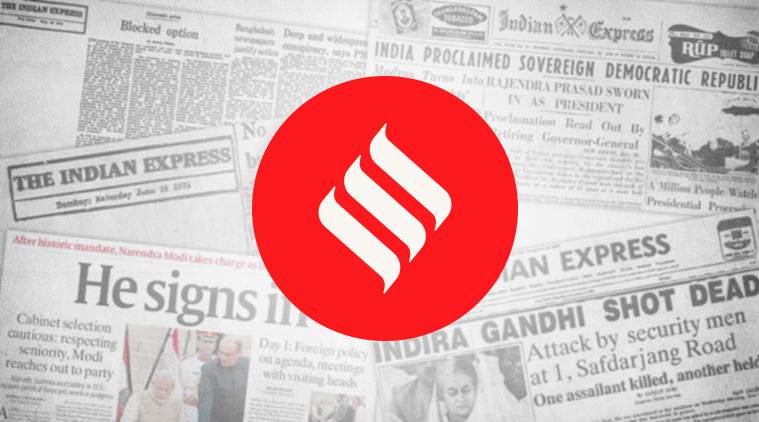Opinion Playing from home
Chess gets ready for its digital play as internet-mediated games draw the biggest players of the sport.
 Country needs to evolve well-rounded protocols for managing disasters, not look at them as only administrative problems.
Country needs to evolve well-rounded protocols for managing disasters, not look at them as only administrative problems.  After the arrival of the internet, chess programmes erased the distance between players, getting them together on the same screen.
After the arrival of the internet, chess programmes erased the distance between players, getting them together on the same screen.
After working from home, the world is innovating playing from home. Not Ludo or rummy, not the sort of games which we play online to keep boredom at bay. The Royal Game is going on the internet, with 10 teams competing for the Online Nations Cup. Some of the biggest names will be playing from home next month, including Viswanathan Anand, Gary Kasparov and Vladimir Kramnik. Elsewhere on the internet, Magnus Carlsen, the biggest name of all, is hosting another tournament.
It had to happen. Chess was one of the first games to be played by computers and by the late Nineties, machines were capable of defeating the best human grandmaster. After the arrival of the internet, chess programmes erased the distance between players, getting them together on the same screen. But some resist the speed of online play and prefer an older method, with each player laying out the game on his or her own board at home, and communicating moves by email or in a chatroom. They channel an institution which turns 70 next year — correspondence chess, in which players send moves to each other, usually by post, and games last for up to two and a half years. It’s a radical variant of chess, since players are allowed to consult books, the internet and other reference material, and get a month of “reflection time” after every 10 moves.
The International Correspondence Chess Federation was established in 1951, but its predecessors go back to 1928. On the basis of dubious historical evidence, it is claimed that the first correspondence games date back to the 12th century, when moves were sent to opponents by homing pigeon. But it is certain that this form of slow chess shares a fundamental feature with the Online Nations Cup — both are based on absolute trust.



